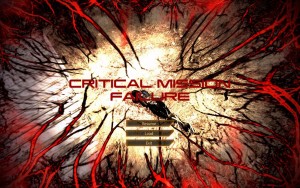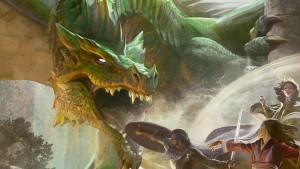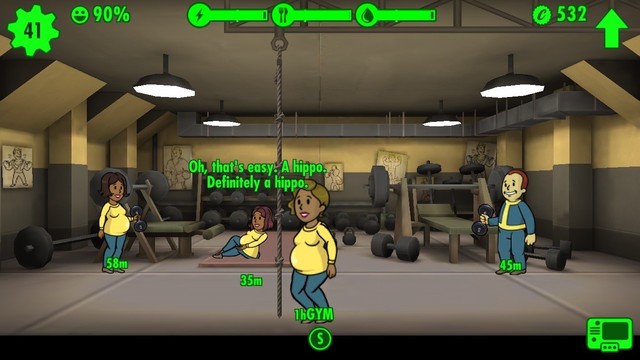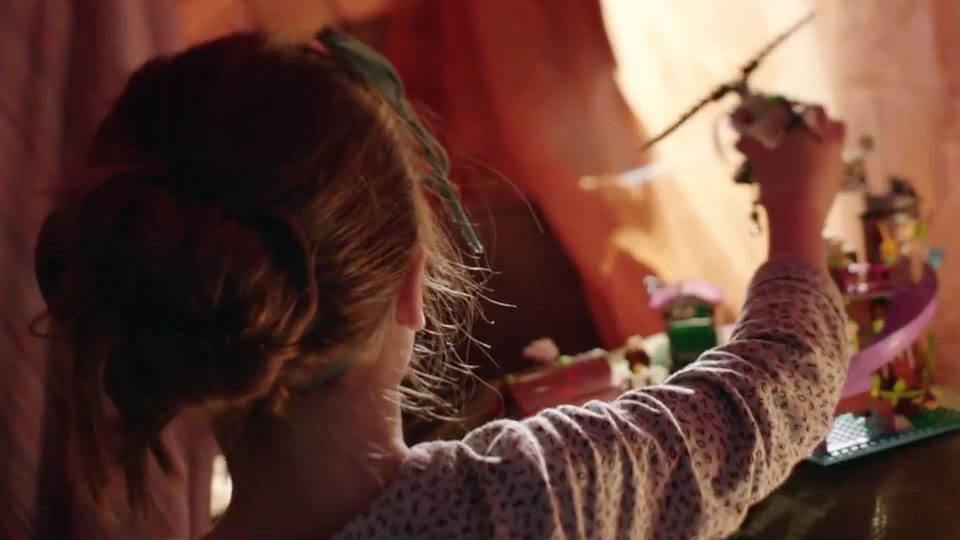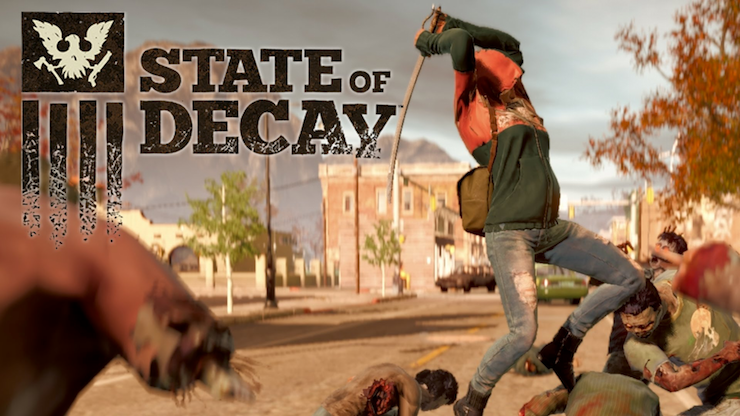Last night I completed my first playthrough of Mass Effect: Andromeda. This post isn’t particularly about that, my thoughts on that game still need some processing, but as I watched the end credits roll after a difficult but satisfying end-boss encounter, I found myself reflecting on the other game that’s been eating up all of my free time: Dungeons and Dragons.
D&D games, in my own experience, rarely actually end, and tend instead to peter out or explode due to inactivity, player drama, or summer arriving and everybody returning to their various homes at the end of the school year. Beyond this, however, a D&D game functions in way that I consider very different from a video game or board game, and a lot of this difference is related to winning. We play a lot of games to win, to beat the game itself or to beat our opponents. Playing a round of Sorry! with my parents and sister results in a clear winner, clearing a level of Candy Crush means I’ve ‘beaten’ the level, and the credits rolling at the end of Mass Effect: Andromeda tells me I defeated the boss and successfully cleared all of the main missions. In that vein, each game has a clear fail-state, conditions where the player can’t be considered a winner. If my sister wins that round of Sorry!, I’m the loser. If I run out of moves in Candy Crush, I lose a life. If I die during the climactic boss fight at the end of Andromeda (or any other Mass Effect Game, for that matter), I get the red-tinted ‘MISSION FAILURE’ screen and get bumped back to an earlier save point.
Not every game exists in this binary state of win and loss, but it’s one of the more common structures that identifies a game. However, I’ve found that bringing this attitude to the D&D table works in a way that’s completely counterintuitive to the spirit of playing Dungeons and Dragons, and trying to hold onto it ends up with players and DMs alike shooting themselves in the foot. I’d even say that holding onto this win-loss mentality is one of the easiest ways for a D&D game to go off the rails, and running and participating in a good D&D game requires moving away from the win-loss binary from both players and DMs alike.
Creating an encounter in D&D, or any other tabletop RPG system for that matter, requires a DM to put together an encounter and a collection of monsters or challenges that the players must face in combat or in roleplay scenarios. This seems simple in concept, but executing a successful encounters requires DMs to become comfortable with something they as gamers may not be used to: setting themselves up for what is, in essence, failure. If a DM creates a dungeon full of traps and monsters, the ultimate goal is for the players to successfully navigate that dungeon without springing the traps and by defeating the monsters. On the surface, a dungeon master sets themselves up for a loss by creating an encounter the players must ‘beat’, and if DM is more used to the standard setup for a game, its easy to get caught up in the knowledge that, essentially, the players must always win and the DM must always lose.
The pervading sense of needing to win a game can ruin D&D campaigns. I’ve had dungeon masters in the past who have become upset and even angry when the players successfully solved puzzles or defeated monsters. I’m not talking about the frustration of creating an interesting monster and the players killing it in two hits by pure luck of the dice rolls, I’m talking about DMs who go out of their way to focus on that win-loss binary, creating monsters and dungeons designed to kill characters. I’ve played with people who would get angry when they weren’t the person to get the killing blow on the monster or bad guy because then it meant they weren’t really ‘winning’, or people who would get upset when another player rolled a natural twenty when they consistently rolled below ten. The win-loss mentality affects a D&D game negatively and takes away from what I think is the true purpose of a game like this, which is to work together to create a narrative.
D&D isn’t like a video game, as much as things like 4th Edition would provide evidence to the contrary. The ideas of winning and losing only exist on the surface, and there’s nothing wrong with wanting to run a game that’s focused entirely on a kick-in-the-door style adventure where players fight monsters, get gold, and level up. The thing is, there are opportunities to dig beneath the surface, to find a purpose to the play beyond looting bodies and slaying dragons. DMs can create games that are so much more than defeating goblin raiders and rescuing princesses, because decades of fantasy tropes has given us the option to step away from the stereotype, to move beyond win or loss. A DM shouldn’t want to win the encounter they put together, because winning it would result in killing all of their players. That’s not likely to be much fun for the players, and does little to create a compelling narrative.
I tend to think of my games as a challenge, as finding the perfect balance between giving my players a satisfying battle and not overrunning them with difficult monsters that could actually kill them. I want my players to be happy they succeeded, I want them to do well, and I can achieve this in part by looking at the situation as more than an instance of them beating me. Being a DM isn’t about losing encounters, it’s more about giving up a sense of control. Using the game’s complexity to get beyond the binary of win and lose means that we as players and DMs can discover something about what play really means, and experience what it feels like to create something together.
D&D doesn’t have to operate on a win-loss mechanic. It can, but for me personally, that’s not the experience I’m looking for. I’m looking for a compelling way to build a story with my friends, who are following the bones of a story, the map of a world, that they flesh out and fill in through their actions. Their success as they solve puzzles and fight monsters is also my success, rather than my failure. The only way for us to truly fail is to not play at all, and I think this move away from a binary experience allows for more creativity and enjoyment for my players, and for me as a DM too.

